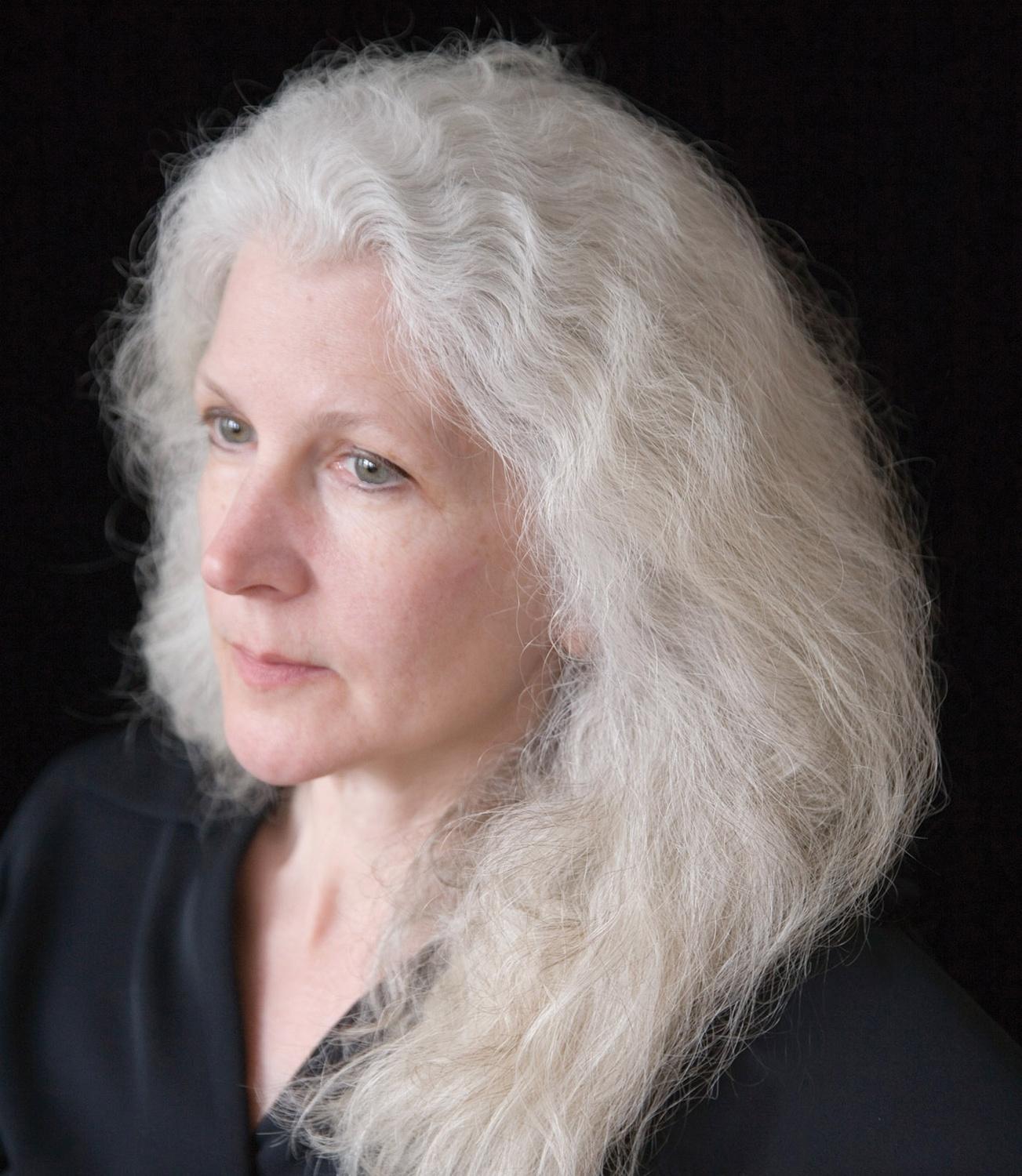Andrea Barrett’s Literary Science
Andrea Barrett dropped out of a graduate program in zoology, but has never left science behind. Nearly all of her books, including the National Book Award-winning story collection Ship Fever, are set in moments when the grand sweep of science intrudes upon the inner lives of individuals.
Although the five stories in Barrett’s new book Archangel are short, their sweep is indeed grand; “I like to think of them as little tiny novels,” Barrett notes. A young teacher encounters Darwin in a classroom in 1873; a soldier confronts the changing mechanics of war in 1919; and, in 1920, a widowed astronomer faces an existential crisis triggered by Einstein’s theories. Each wrestles with that thrilling, difficult moment when one’s certainty about the world smashes up against new discoveries.
In one story, we meet a fictionalized version of Louis Agassiz, the preeminent nineteenth-century biologist who failed to accept Darwin’s ideas. One view of history might consider Agassiz as a loser in the game of discovery, but Barrett doesn’t see it that way. “When you’re a working scientist, the same as when you’re a working writer,” she tells Kurt Andersen, “you’re just living your life in that moment and working with those ideas in that moment, and you don’t know that you’re a loser or a winner. You’re just with the work.”
Every day, reporters and producers at The World are hard at work bringing you human-centered news from across the globe. But we can’t do it without you. We need your support to ensure we can continue this work for another year.
Make a gift today, and you’ll help us unlock a matching gift of $67,000!
